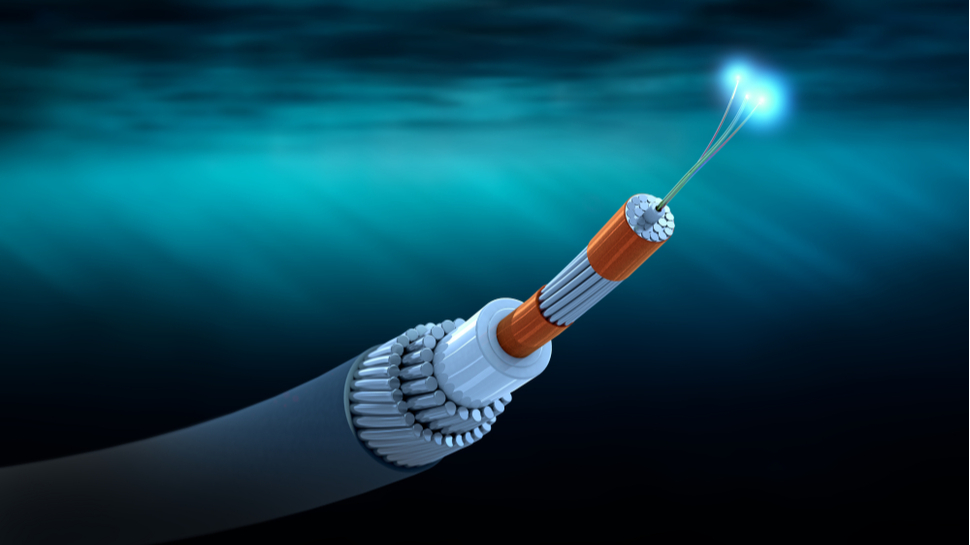Russia could target critical infrastructure including internet and GPS, NATO warns
Russia is ‘actively mapping’ underwater internet cables, and there’s no good backup plan.

Intelligence officials believe that underwater internet cables could be a target of Russian attacks that aim to disrupt European and North American infrastructure.
NATO’s Intelligence Chief David Cattler has warned that Russia is ‘actively mapping’ critical infrastructure on the seabed and on land, and pose a ‘significant risk’ to the framework.
The fiber optic cables supply 95% of international data, and handle an estimated $10 trillion in daily financial transactions, outlining the enormous impact any damage could have.
No backup plan
Analysts believe that Russia has been developing this as part of a gray-zone strategy which would aim to cause chaos whilst falling below the threshold for open warfare. Experts believe Russia may have already carried out small scale attacks on telecoms and GPS networks in retaliation for western support to Ukraine.
Since Russia does not rely heavily on undersea cables, but rather land-based internet connections, the intelligence is particularly concerning. NATO countries have responded by increasing patrols and surveillance in vulnerable areas.
NATO has also established a team to coordinate efforts to safeguard undersea networks, which automatically alerts to any attempted interference, but experts warn that a more robust plan is urgently needed.
“When you look at the evidence of their activities now, the places they are doing surveys, overlaid with this critical undersea infrastructure … you can see that they are at least signaling that they have the intent and the capability to take action in this domain if they choose,” Cattler adds.
Are you a pro? Subscribe to our newsletter
Sign up to the TechRadar Pro newsletter to get all the top news, opinion, features and guidance your business needs to succeed!
Earlier this year, NATO proposed an initiative which would reroute internet traffic from compromised cables to satellite systems, mitigating the damage an attack would cause, but this is far from complete. NATO has allocated €400,000 to the project, with additional support from research institutions bringing the total to $2.5 million.
Via Tom’s Hardware
More from TechRadar Pro
- Check out our pick of the best firewall software
- Internet access hangs by a thread for hundreds of millions
- Take a look at our pick of the best antivirus software around right now

Ellen has been writing for almost four years, with a focus on post-COVID policy whilst studying for BA Politics and International Relations at the University of Cardiff, followed by an MA in Political Communication. Before joining TechRadar Pro as a Junior Writer, she worked for Future Publishing’s MVC content team, working with merchants and retailers to upload content.